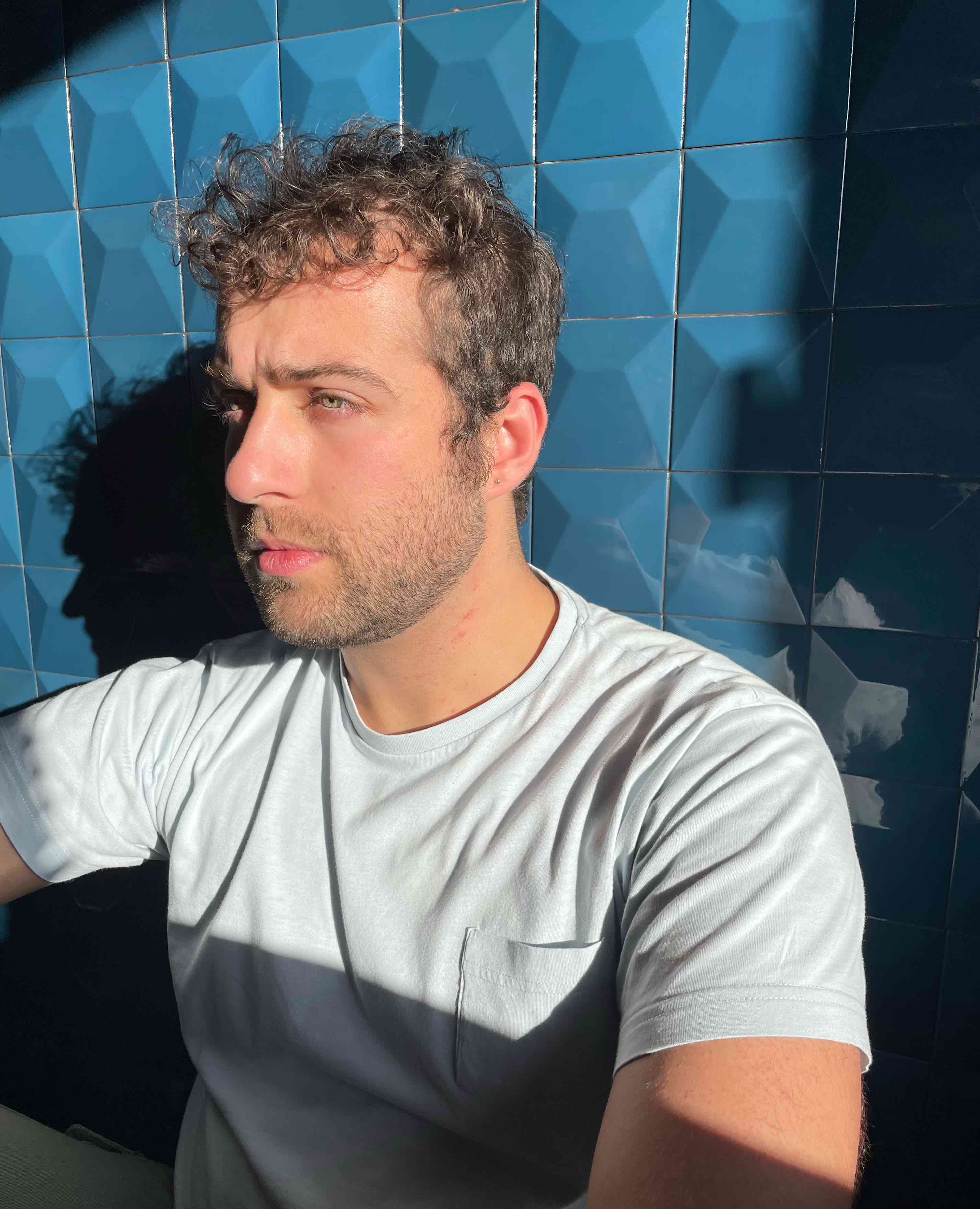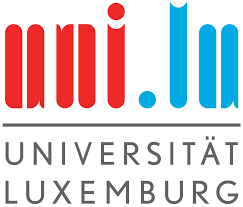
Nationality: Italian/Swiss
Research topic: Quantum machine learning force fields for molecule-protein interactions
Project description: Computational modelling of drug-protein binding is of vital importance in the modern drug discovery pipeline as it mitigates the cost, time, and resources required to screen novel candidates for biological targets, genetic studies, molecular biology, and gene technology. The challenge in these investigations is two-fold: (1) even slight inaccuracies of 1 kcal/mol in the prediction of energetics in biological systems can lead to erroneous conclusions, (2) the large size of drug-protein systems means that the use of highly accurate quantum-mechanical (QM) methods is not viable. Hence, it is a grand challenge to develop efficient biomolecular force fields that can achieve and exceed stringent accuracy requirements (1 kcal/mol in binding energies) while being efficient enough for modelling drug-protein binding in atomistic detail. The ESR will work on developing reliable machine learning (ML) force field trained on QM data for obtaining dynamical insights into molecule-protein systems. The major outcomes will be a) generation of a QM dataset of equilibrium and non-equilibrium conformations of large/complex molecular systems under the influence of (implicit/explicit) solvent; b) Development of QM/ML models that account for the main features describing molecule-protein systems (e.g., intramolecular interaction, intermolecular interaction, and interaction with chemical environment) in collaboration with Julian Cremer; c) methodology of plugging the developed method into One-chemistry model in collaboration with other ESRs.
Personal introduction: During my Master’s in Physics of Complex Systems at the University of Torino (Italy), I learned how to apply mathematical and statistical techniques to model and describe systems composed of a great number of interacting units and degrees of freedom. In particular, I focused on biophysics and machine learning. I did an internship at K.I.T. of Karlsruhe where I applied AI models to an astroparticle physics problem. I ended my Master’s with a thesis in bioinformatics, carried out under the supervision of a researcher at ENS Paris. The aim of the project was the automated classification of cell types from single-cell RNA sequencing data, using an architecture based on the Hopfield model.
I applied for a Ph.D. in the AIDD consortium because it’s an interdisciplinary and motivating environment. Here, I’ll be able to combine my knowledge in biophysics, machine learning, and quantum mechanics (obtained during my Bachelor’s in Physics) and apply them to the challenging context of drug discovery.
Contact: GitHub LinkedIn Twitter GoogleScholar
Articles and Preprints
- Sandonas, L. R. M.; Van Rompaey, D.; Fallani, A.; Hilfiker, M.; Hahn, D.; Perez-Benito, L.; Verhoeven, J.; Tresadern, G.; Wegner, J.K.; Ceulemans, H.; Tkatchenko, A. Aquamarine: Quantum-Mechanical Exploration of Conformers and Solvent Effects in Large Drug-like Molecules. Scientific Data. 2024. https://doi.org/10.1038/s41597-024-03521-8
- Hilfiker, M., Sandonas, L.M., Klähn, M., Engkvist, O., Tkatchenko, A. Leveraging Quantum Mechanical Properties to Predict Solvent Effects on Large Drug-Like Molecules. In: Clevert, DA., Wand, M., Malinovská, K., Schmidhuber, J., Tetko, I.V. (eds) AI in Drug Discovery. ICANN 2024. Lecture Notes in Computer Science, vol 14894. Springer, Cham. 2024. https://doi.org/10.1007/978-3-031-72381-0_5
Presentations at conferences and meetings
- Hilfiker, M., Sandonas, L.M., Klähn, M., Engkvist, O., Tkatchenko, A. Leveraging Quantum Mechanical Properties to Predict Solvent Effects on Large Drug-Like Molecules. AIDD Workshop, ICANN2024, Lugano. September 19th, 2024.
- Hilfiker, M. et al. Automatic Charge Assignment for Accurate Hydration Free Energy Calculations. At the AiChemist CECAM Flagship School, Lausanne. April 28th, 2025.
Organizations:
Université du Luxembourg, February 2023 - January, 2024
AstraZeneca AB, Sweden, February, 2024 - March, 2025


Secondments:
Freie Universität Berlin, Germany, September 2023

